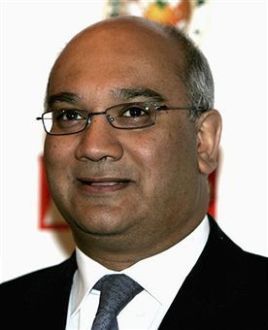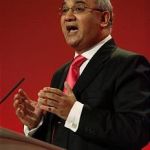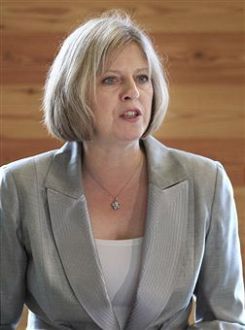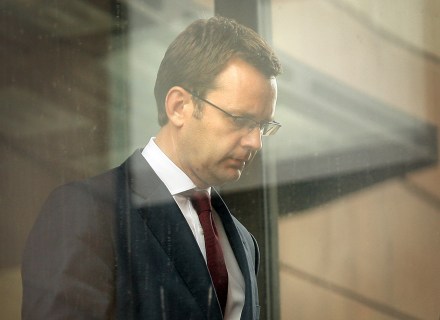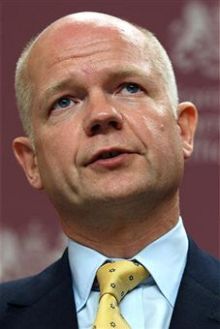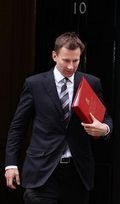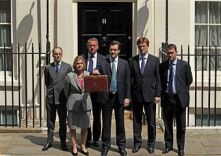Vaz’s hand-grenade
Lucy Manning reports that Keith Vaz’s Home Affairs Select Committee will convene an investigation into the phone tapping scandal. Hauling Yates up before his eminence was a sleight of hand, calling for a second inquiry is as obvious as Jordan. Labour is confident and Coulson is their target. However, the Home Affairs Committee is more likely to examine the police’s inept investigations than the inner workings of a tabloid newsroom. (And so, according to Vaz, it will transpire.) Coulson will remain in the clear unless the CPS brings a prosecution on the basis of Sean Hoare’s new evidence. Labour will catch some collateral flak if this appeal goes ahead –
